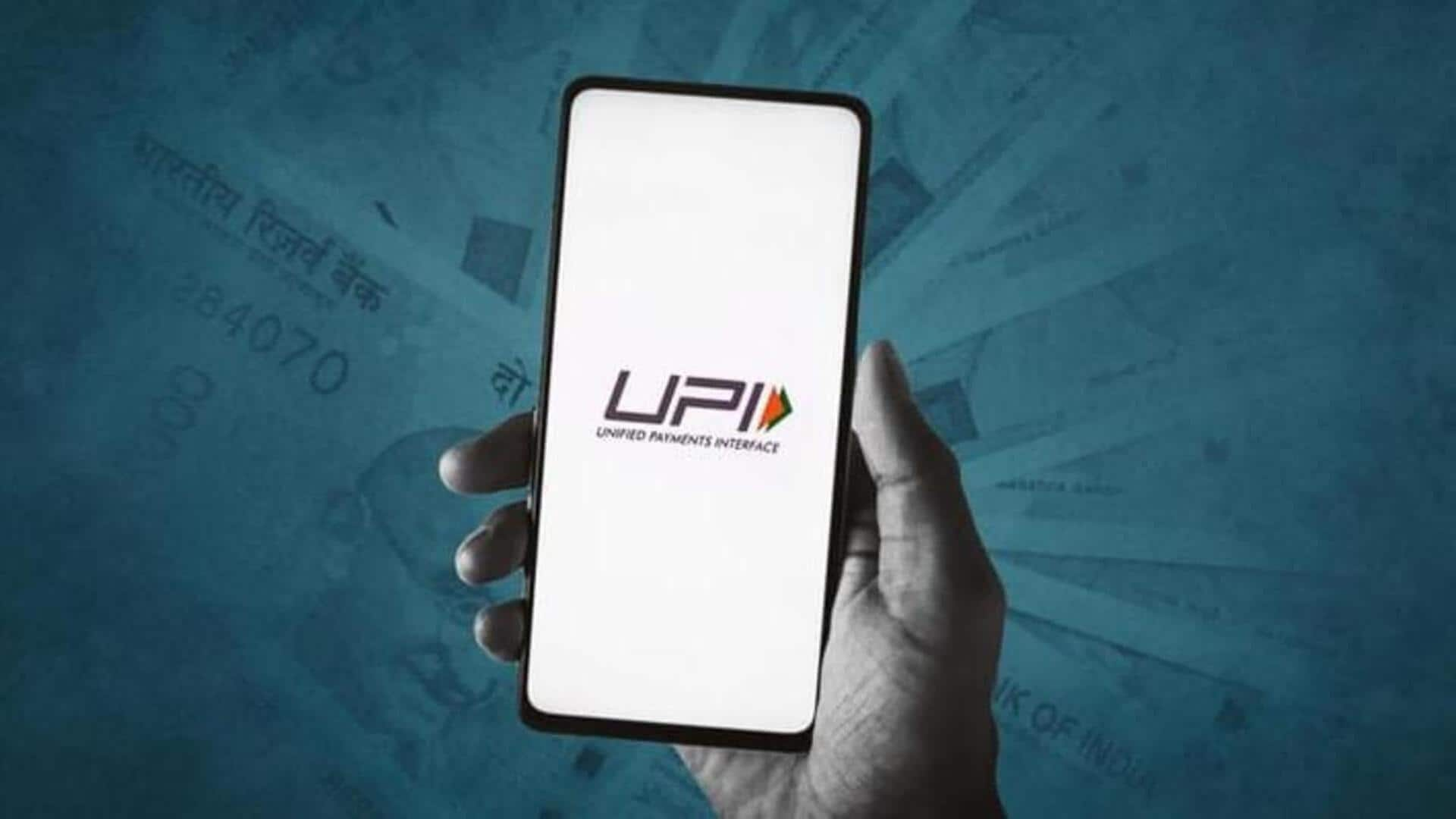
Biometrics could soon make UPI payments unhackable
What's the story
The National Payments Corporation of India (NPCI) is reportedly exploring the integration of biometric authentication into Unified Payments Interface (UPI) transactions. This innovative approach would utilize facial recognition and fingerprint scanning technologies to enhance transaction security. Currently, UPI transactions are authenticated using a PIN or password, but these methods have proven to be susceptible to cyber threats and digital fraud.
Security upgrade
Biometric authentication: A step toward enhanced security
Atish Shelar, COO of TechFini, a UPI-based payment infrastructure provider for banks and fintech companies, highlighted that biometric authentication is already widely used in smartphones for unlocking devices and authorizing actions such as payments. Integrating this technology into UPI transactions could significantly reduce the risk of unauthorized access. This is because biometric data is much harder to replicate than a PIN or password.
Implementation
How will biometric authentication work for UPI payments?
To initiate biometric-based UPI payments, customers will need to link their Aadhaar number with their bank account. "For this type of payment, users will not need to remember a PIN," says Rahul Jain, CFO of NTT Data Payments India. After registration and linking, the customer's biometrics will be encrypted and stored securely in a centralized database. During transactions, these biometric characteristics will be scanned by the Point of Sale (PoS) machine and matched against stored data for identity verification.
Inclusion impact
Biometric authentication: A boon for financial inclusion
Biometric payment systems can also enable financial inclusion. Customers have to provide only their biometric characteristics to make digital payments. The biggest benefit will perhaps be for persons who have only feature phones as they would be able to join the digital payments ecosystem using their Aadhaar credentials. The PoS machine will capture only the biometrics linked to the UPI account to process the transaction, bringing a vast number of customers under the digital payments ecosystem.
Privacy concerns
Concerns and challenges surrounding biometric authentication
Despite its potential benefits, biometric authentication for UPI payments also raises some privacy concerns. Customers may be hesitant to share personal features such as fingerprints and facial IDs that would be used repeatedly to authenticate transactions on UPI. "Privacy concerns are paramount, as biometric data is highly sensitive," says Shelar. He further emphasized the importance of securely storing this data and protecting it from breaches.